Xi Jinping signs order directing China’s ‘military operations other than war’
Xi Jinping’s major new military order coming into effect today will lead to “increasingly aggressive” actions in our region, experts warn.
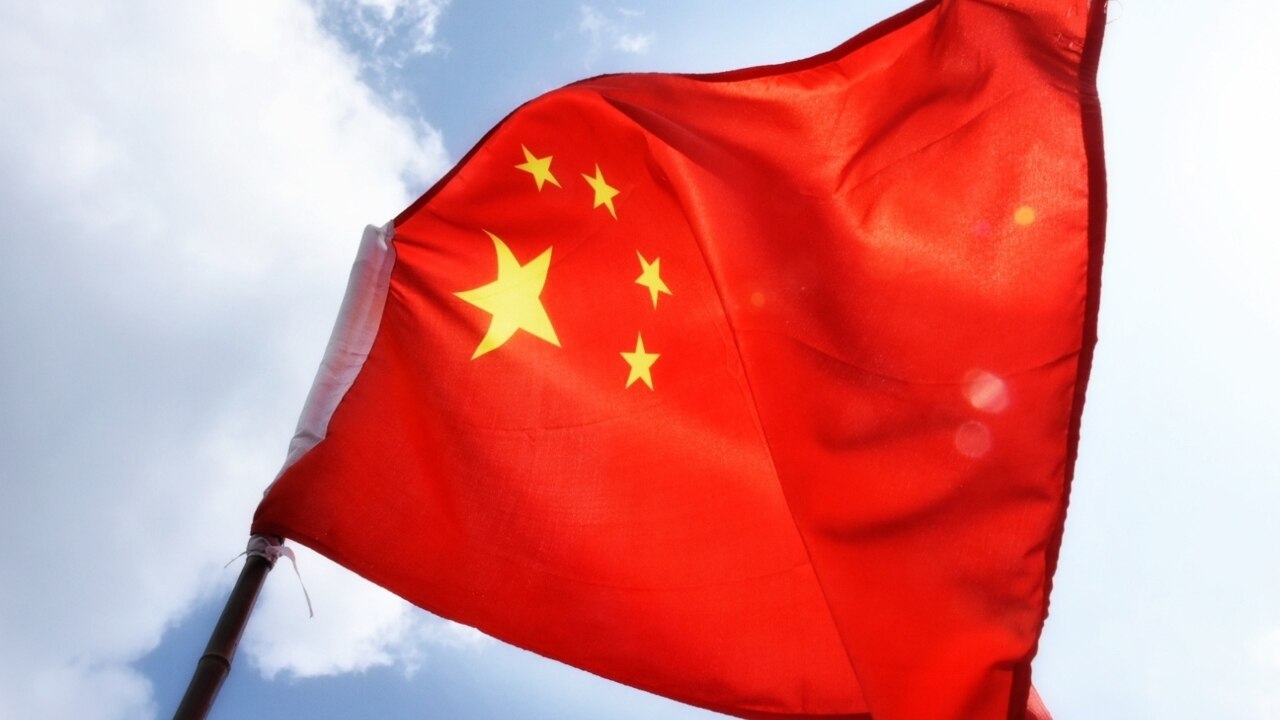
Xi Jinping has signed an order outlining China’s “military operations other than war”, in a move one Australian security expert warns will lead to “an even more aggressive” PLA in the South China Sea and around Taiwan.
The order, which comes into effect on Wednesday, comprises 59 articles and six chapters that “serve as a legal base for military operations other than war” and “aim to protect people’s lives and property, safeguard national sovereignty, security and development interest, and safeguard world peace and regional stability”, Xinhua reported on Monday.
It comes as tensions in the region run high amid fears of a Chinese invasion of Taiwan, and growing unrest internally over brutal Covid lockdowns in major cities including Shanghai.
“Are coup threats very real?” human rights activist Jennifer Zeng wrote on Twitter.
“Another possibility is, just like Russia’s ‘special operation’ against Ukraine, the CCP is getting ready to attack Taiwan without declaring war.”
China frequently invokes its “national sovereignty” and “territorial integrity” in relation to Taiwan, a self-governing, democratic island nation which Beijing views as part of its territory awaiting reunification.
The state-run Global Times provided more detail on Monday’s Xinhua announcement, writing that the outlines “will standardise, and provide the legal basis for Chinese troops to carry out missions like disaster relief, humanitarian aid, escort and peacekeeping, and safeguard China’s national sovereignty, security and development interests”.
Stream more world news live & on demand with Flash. 25+ news channels in 1 place. New to Flash? Try 1 month free. Offer ends 31 October, 2022 >
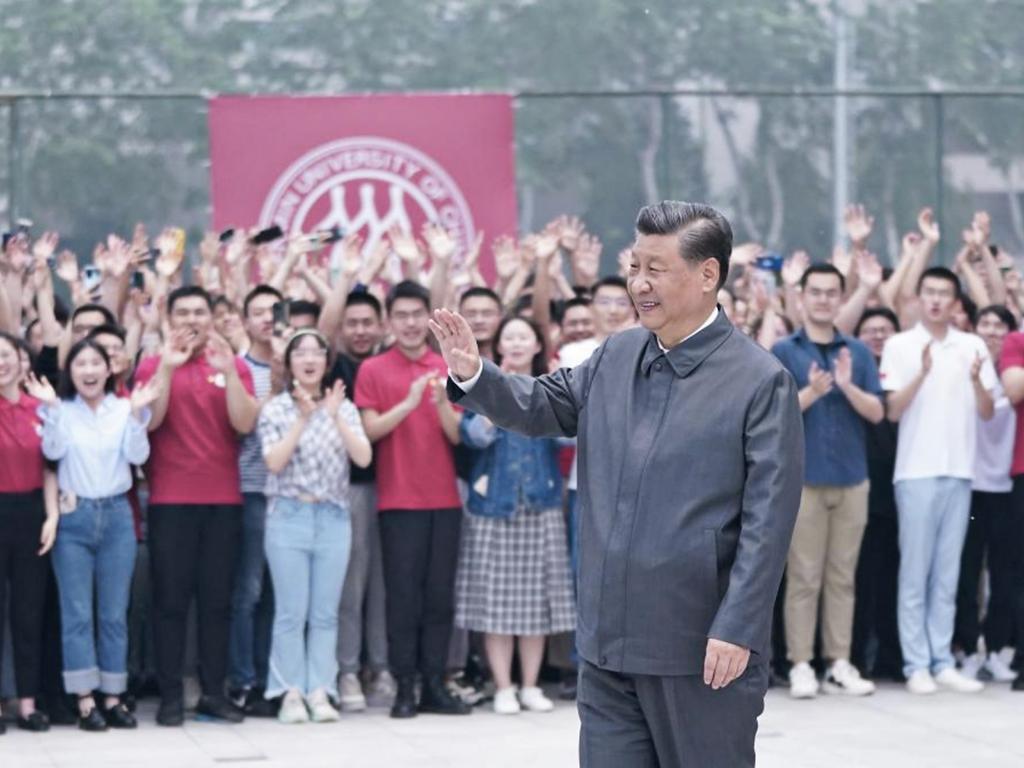
“The outlines aim to prevent and neutralise risks and challenges, handle emergencies, protect people and property, and safeguard national sovereignty, security and development interests, and world peace and regional stability,” the outlet wrote.
“The outlines have important meanings for the Chinese armed forces to carry out their duties and missions in the new era, as they will make innovations in ways military forces are used and standardise the organisation and implementation of the armed forces’ military operations other than war.”
Citing a Chinese military expert, the Global Times said that in addition to disaster relief and humanitarian aid, military operations other than war referred to “operations that limit the scale of the use of force like maritime escorts and peacekeeping”.
China has long been criticised by other South-East Asian nations for using its paramilitary fishing militia, as well as coast guard and navy, to “bully” vessels in the South China Sea, a strategic fishing, trade and energy hub.
“This latest move from Xi Jinping to licence the Chinese military to conduct special military operations involves the PLA using force outside what other nations consider war,” said Michael Shobridge, director of defence, strategy and national security at the Australian Strategic Policy Institute.
“This is consistent with his Coastguard law, which allows the armed Chinese Coastguard to use lethal force wherever China claims jurisdiction – as it does in the South China Sea [despite] its claims being comprehensively rejected under international law.”
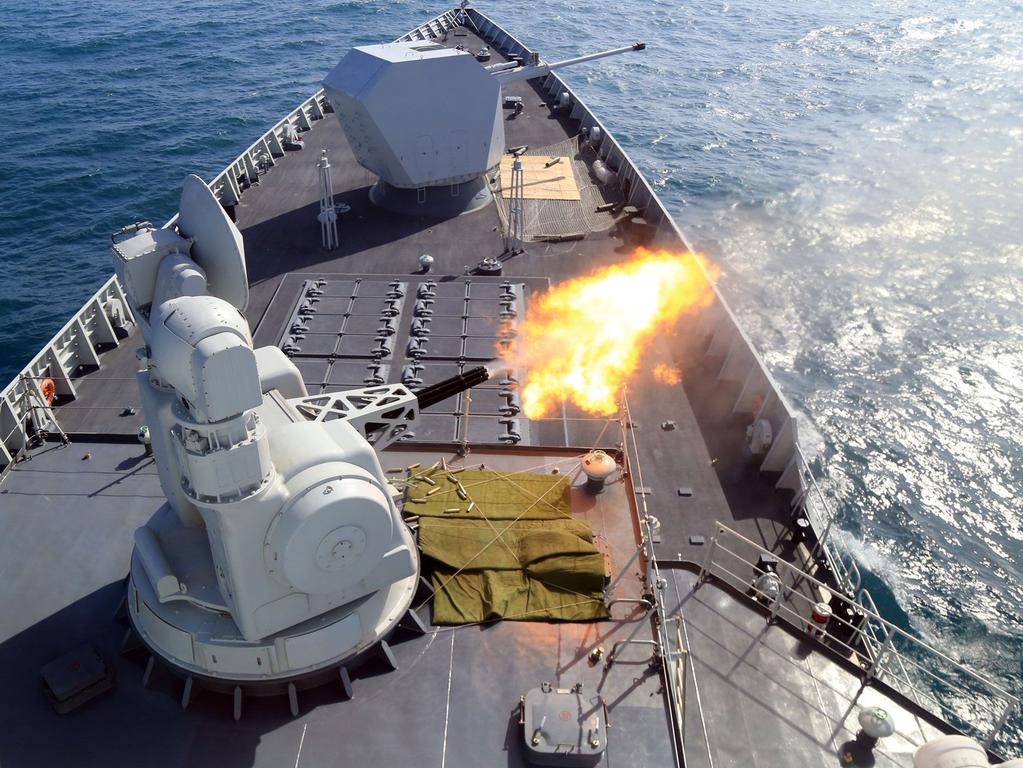
Mr Shoebridge said the new directive had a “clear implication” for the Solomon Islands in light of the country’s security deal with Beijing “as it directs the PLA to use force where required to protect Chinese nationals and Chinese projects and investments”.
“[Prime Minister Manasseh] Sogavare’s deal with Beijing talks about this too, so what Xi is doing more broadly will have applied in the ‘security assistance’ that China’s authoritarian military provide in and around the Solomons,” he said.
The Global Times wrote that Chinese armed forces had been engaged in the fight against Covid-19 since 2020 and “also played a vital role in saving the people from natural disasters like earthquakes and floods, which often took place in China over the past years”.
“The recipients of disaster relief and humanitarian aid from the Chinese armed forces have also expanded to other countries, including many that received medical equipment and vaccines against Covid-19, and Tonga that was heavily hit by a volcanic eruption and tsunami earlier this year,” it said.
“The Chinese armed forces are also responsible for counter-terrorism, anti-pirate and peacekeeping missions, including regular escort missions in the Gulf of Aden and waters off Somalia as well as UN peacekeeping missions, providing public security goods to the international community.”
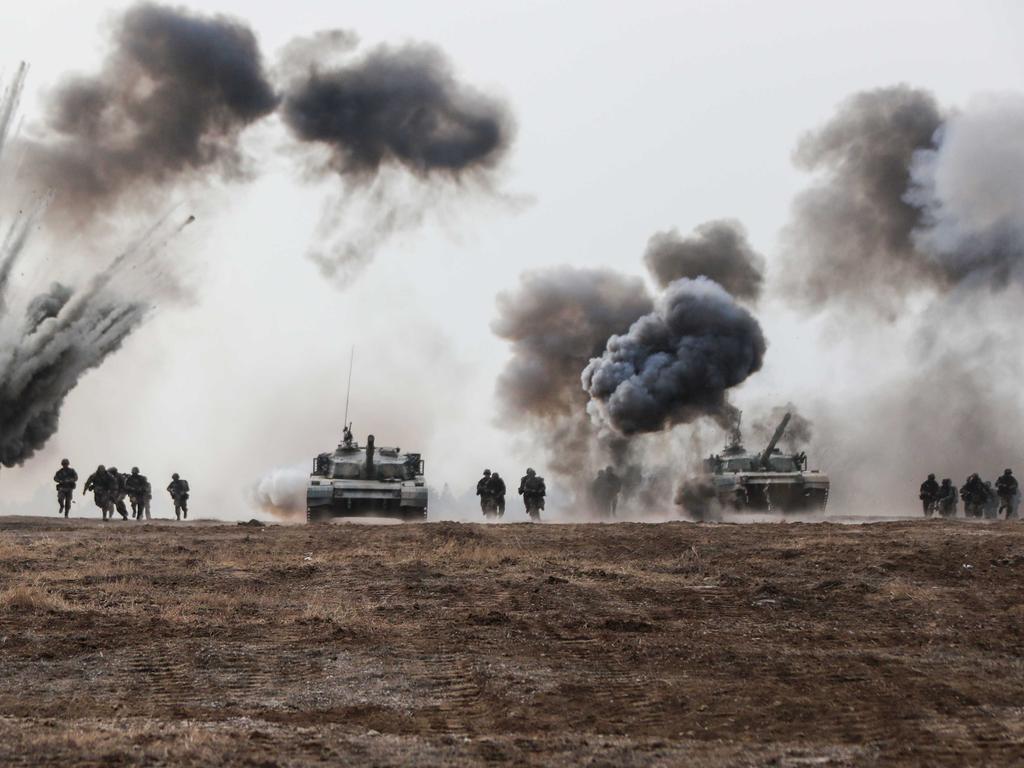
The Global Times added that such operations meant Chinese troops could “prevent spillover effects of regional instabilities from affecting China, secure vital transport routes for strategic materials like oil, or safeguard China’s overseas investments, projects and personnel”.
Last month, a 57-minute audio clip allegedly recorded during a top-secret meeting of the People’s Liberation Army seemingly revealed Chinese commanders discussing mobilisation efforts to prepare for war.
The clip, uploaded to YouTube by Chinese-language channel Lude, appeared to show discussions on preparing the Guangdong coastal province to “transition from normal status to war status”, Ms Zeng said at the time.
But national security experts told The Daily Caller that the recording could actually be Chinese Communist Party misinformation meant to intimidate the US.
“[An invasion] would not be in Guangdong, it would be somewhere close to Fujian and Zhejiang provinces,” a former senior Trump administration official told the outlet. “A Taiwan invasion, pre-kinetic preparation, would be much, much larger in scale and we would have known.”
Monday’s announcement came as US National Security Adviser Jake Sullivan met with his Chinese counterpart in Europe.
The White House described their lengthy exchange as a “candid” attempt to “manage the dynamic” between the rival powers.
Mr Sullivan’s meeting with Yang Jiechi in Luxembourg lasted about four-and-a-half hours, a senior White House official told reporters, and it was followed up on a May 18 phone call.
The talks “included candid, substantive and productive discussion of a number of regional and global security issues, as well as key issues in US-China relations,” the White House said in a statement, with Mr Sullivan emphasising “the importance of maintaining open lines of communication to manage competition between our two countries”.
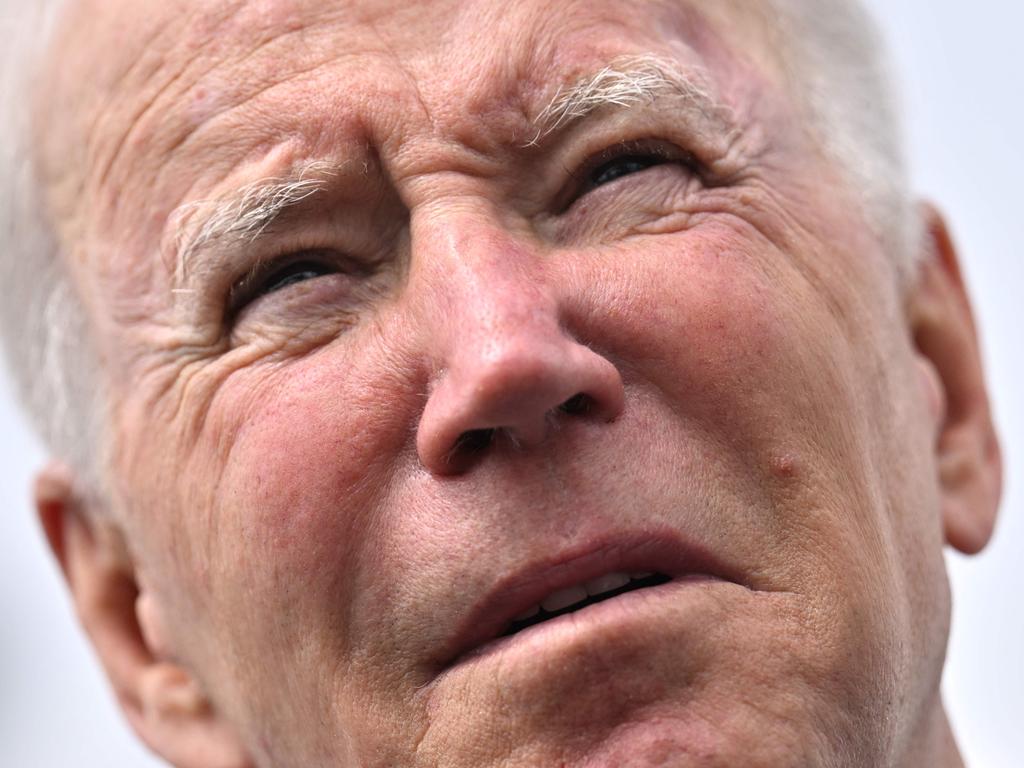
No announcement was made on a new phone call or other contact between US President Joe Biden and Chinese President Xi, who last spoke by video link in March.
The administration official, who briefed reporters on condition of anonymity, acknowledged disagreement and tensions on a host of issues, including US-led attempts to isolate Russia over its invasion of Ukraine and Chinese sabre-rattling around Taiwan.
Just this Sunday, China’s defence minister vowed China would “fight to the very end” to stop any independence bid by Taiwan.
“We will fight at all cost, and we will fight to the very end,” Wei Fenghe told the Shangri-La Dialogue security summit, which brings together defence ministers from Asia and around the world.
“No one should ever underestimate the resolve and ability of the Chinese armed forces to safeguard its territorial integrity. Those who pursue Taiwanese independence in an attempt to split China will definitely come to no good end.”
This followed Mr Biden’s statement during a visit to Japan last month that the US would defend Taiwan if it came under attack – a break with Washington’s decades-old policy of “strategic ambiguity”.
The administration official said Mr Sullivan reiterated the US policy of recognising Chinese sovereignty but expressed “concerns about Beijing’s coercive and aggressive actions across the Taiwan Strait”. Despite the disputes, dialogue is valued for “maintaining open lines of communication”, the official said.
“We think about it not necessarily in terms of specific agreements but rather in terms of ensuring that each side understand one another’s intentions, one another’s priorities,” he said.
“This is critical to avoiding potential miscommunication, misinterpretation, reducing risks.”
Relations entered tense new territory under Mr Biden’s predecessor Donald Trump, who triggered a trade war in response to what he described as China’s abusive trade practices.
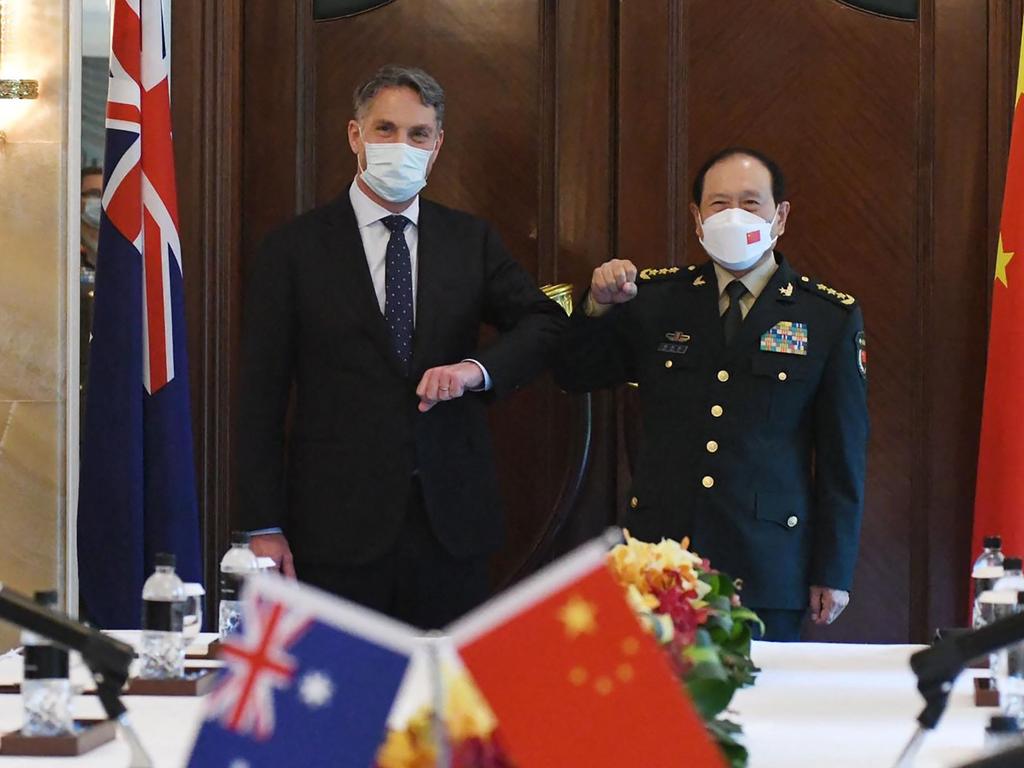
Mr Biden has said he is considering lifting some tariffs in an attempt to defuse roaring inflation at home.
While the superpowers traded blows at the weekend’s security summit, there were more positive signs for Australia and China’s strained ties as the countries’ defence ministers met for the first time in three years.
Defence Minister Richard Marles held talks for more than an hour with his counterpart General Wei on the sidelines of the summit, which wrapped up on Sunday.
“General Wei, who said he wanted to have a new positive relationship with Richard Marles, will implement Xi’s direction,” Mr Shoebridge said.
“This will result in an even more aggressive PLA in the South China Sea, around Taiwan and Japan and on the India-China border. This doesn’t look like the Chinese military that General Wei told the world was only about peaceful co-operation and win-win outcomes, never bullying others.”
He warned the reset in bilateral relations “looks to have been gazumped by a more outwardly focused, increasingly aggressive PLA that seeks to define its use of force as ‘not war’”.
“Definitions that deny reality may work in the land of the CCP, but as Putin is experiencing with his own self-described ‘special military operation’ with the international reaction to his war in Ukraine, calling something what it isn’t doesn’t actually help,” he said.
“The gap between China’s peaceful word and warlike actions is growing.”
– with AFP
Read related topics:China






